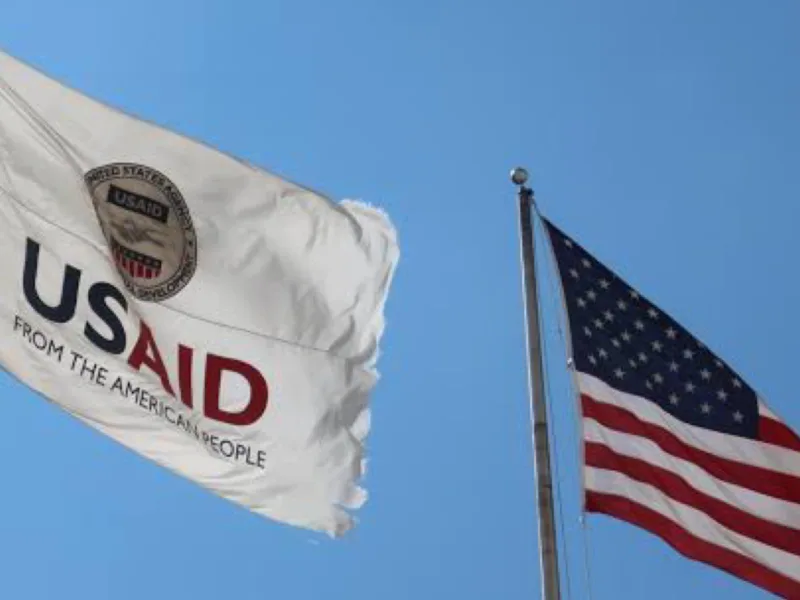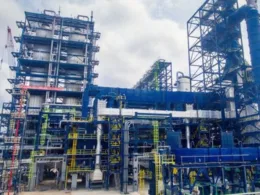In a concerted effort to promote peace building in northern Nigeria and the Middle Belt region, the United States government has disclosed its commitment of $15 million to the Community Initiatives to Promote Peace (CIPP) program over the course of the past five years. This substantial investment has been channeled towards training over 46,000 community members in vital skills aimed at mitigating conflicts and fostering early warning response mechanisms across six states: Benue, Kaduna, Kano, Katsina, Kogi, and Plateau.
The announcement was made in a statement issued by the U.S. Embassy in Abuja, highlighting the impactful role played by the CIPP program in reducing violent conflicts and engaging women and youth in peace-building processes. According to the statement, the CIPP initiative has been instrumental in equipping community members, including traditional leaders, women, men, and youth, with essential skills such as dispute resolution, early warning and response, reconciliation efforts, and the prevention of violent extremism.
Melissa Jones, the USAID Mission Director, underscored the significance of investing in peace-building endeavors, emphasizing that individuals trained in conflict mediation skills have effectively resolved numerous disputes, thereby preventing further escalation of conflicts. Jones remarked, “The CIPP activity has shown that a timely investment in peace can yield remarkable dividends. Individuals trained in conflict mediation skills across the Middle Belt of Nigeria helped resolve hundreds of disputes before they escalated further.”
As the CIPP program transitions, USAID has outlined plans to transfer key community structures, including Conflict Mitigation Regional Councils and Women Peace Councils, to the new Peace Action for Rapid and Transformative Nigerian Early Response activity. This strategic move aims to ensure continuity and sustained progress in promoting peace and security in the region.
The impact of the CIPP program extends beyond the numbers, as it has significantly contributed to fostering a culture of peace and dialogue within communities that are susceptible to violent conflicts. By empowering community members with essential skills and facilitating their participation in peace-building processes, the program has paved the way for sustainable conflict resolution and the prevention of future conflicts.
Furthermore, the collaborative efforts between the U.S. government and local stakeholders underscore the importance of international partnerships in addressing complex challenges such as conflict and insecurity. Through shared objectives and coordinated actions, significant strides have been made towards achieving lasting peace and stability in northern Nigeria and the Middle Belt region.
Moving forward, continued support and investment in peace-building initiatives will be crucial for consolidating the gains achieved by the CIPP program and addressing the underlying drivers of conflict in the region. By prioritizing peace and security, stakeholders can foster an environment conducive to socio-economic development and prosperity for all members of the community.
In conclusion, the U.S. government’s commitment to peace-building efforts in northern Nigeria and the Middle Belt region through the CIPP program reflects a shared dedication to promoting stability, prosperity, and security in the region. With sustained investments and collaborative partnerships, the path towards lasting peace and reconciliation becomes increasingly achievable.















